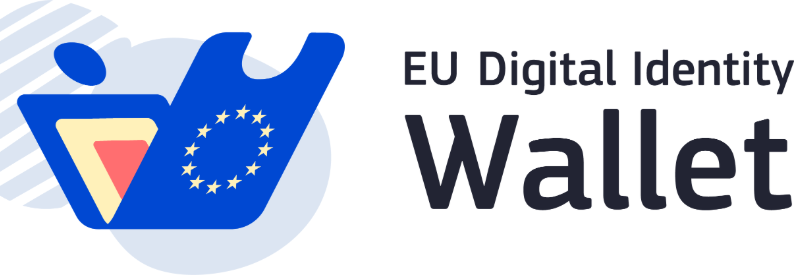EU Digital Wallet Set to Transform Travel Experience

The European Commission’s digital identity wallet initiative, set to take effect in 2026, is poised to reshape the travel experience for both consumers and businesses. During Phocuswright Europe 2025, industry leaders emphasized how this tool, when combined with artificial intelligence, will revolutionize traveler identity management, personalization, and security across the sector.
Nick Price, founder of Netsys Technology and co-chair of the Decentralized Identity Foundation’s Hospitality & Travel Special Interest Group, highlighted that the current approach to traveler identity is fragmented and outdated. While loyalty programs and CRM systems store basic details like names and passport numbers, they fail to capture dynamic, deeply personal preferences—such as favorite plane seats, room location preferences, or food allergies—that are essential to delivering memorable guest experiences. According to Price, this rich data is often locked away in siloed systems, rendering it incomplete and unusable.
Jamie Smith, founder of Customer Futures, echoed this concern, arguing that the only accurate and up-to-date source of a traveler’s complete profile is the individual traveler themselves. He proposed that the future of travel hinges on a model where individuals control their own personal data using a trio of technologies: a secure digital wallet, a personal data store, and AI-powered agents that help manage and act on that information. With such tools, travelers could have greater autonomy, seamlessly sharing relevant preferences with travel providers only when needed.
The concept of “empowerment tech” aims to shift the control of data from corporations to individuals, enabling a more secure, personalized, and consistent travel experience. Annet Steenbergen, advisor to the European Union Digital Wallet Consortium, emphasized that the implications extend beyond consumer convenience. Businesses will also benefit from the ability to instantly verify the identities and legitimacy of partners and service providers, improving trust and efficiency across the ecosystem.
As digital wallets become widely adopted, they promise to streamline complex processes like check-in, boarding, hotel access, and loyalty point redemption. They also open new opportunities for revenue generation through hyper-personalized services and dynamic offers based on real-time traveler data. More importantly, digital wallets enhance privacy and compliance by giving users control over which data is shared, with whom, and for what purpose.
Ultimately, panelists agreed that digital wallets, in tandem with AI tools, will not only simplify the travel journey but also strengthen the relationship between providers and travelers. By empowering individuals to manage their data and preferences directly, the industry can move toward a more secure, flexible, and user-centric model. The shift won’t happen overnight, but the foundation laid by the EU’s digital wallet initiative marks a critical step in that direction.
Related news: https://airguide.info/category/air-travel-business/artificial-intelligence/, https://airguide.info/category/air-travel-business/travel-business/
